The Director of the Romanian Cultural Institute (ICR) in Berlin, Cristian Niculescu, stated that the participation of the Targu Mures State Philharmonic Orchestra in the November concert at the Berlin Philharmonie - Main Auditorium will demonstrate that Romanian tradition is not a museum artifact, but a living force, able to move and inspire.
"This event is not just about an orchestra, but about a well-rooted musical tradition. Romania has a prestigious music school, deeply connected to Central Europe, from which figures such as George Enescu and Bela Bartok emerged - both tied to this region and to the use of folklore as a source of sophisticated creation. This legacy continues today through Romanian musicians, who bring together technical rigor and genuine expressiveness. In their hands, Enescu and Bartok are more than scores: they become soundscapes of identity, culture and modernity. The Berlin audience will feel this energy - a blend of discipline, passion, and depth - showing that Romanian tradition is not a museum artifact but a living force, capable of moving and inspiring," Niculescu told the press.
The ICR Berlin director emphasized that Berlin audiences, accustomed to a refined and diverse music scene, will appreciate the program prepared by the Targu Mures Philharmonic, which includes works by George Enescu, Bela Bartok, Richard Wagner, and Astor Piazzolla.
"Berlin audiences, used to a varied and refined stage, will appreciate the construction of this program. It brings together essential figures such as Enescu and Bartok, who transformed regional folklore into a universal artistic language, alongside Wagner - an anchor of German tradition, and Piazzolla, who adds cosmopolitan and unpredictable energy. Enescu, in particular, is not only Romania's most important composer but a leading European figure. His work blends Romanian roots with Western refinement, and his presence in Berlin is an opportunity to rediscover an East European voice deeply connected to universal musical heritage. This combination - East European, German, and South American - creates a living musical dialogue, an experience that transcends cultural borders and highlights the legitimate place of a Romanian orchestra on the international stage," Niculescu said.
He added that ICR Berlin's mission is to represent Romania in one of Europe's most vibrant cultural hubs.
"Our strategy begins with authentic Romanian cultural values and aims to integrate them organically into the global artistic dialogue. We promote Romania through exhibitions featuring contemporary artists connected to the European scene, literary evenings with Romanian authors translated or writing directly in German, collaborations with local festivals and institutions, as well as projects fostering exchanges between Romanian and international artists. A special focus at this time is George Enescu, an emblematic European figure, not just a Romanian one, as we mark 70 years since his passing in 2025. We support the visibility of his work through concerts, promotion of the George Enescu International Competition, and initiatives reaffirming the relevance of his legacy. ICR Berlin does not 'export' culture in the classic sense but creates contexts for encounters, dialogue, and co-creation. Thus, Romania is present in Berlin not as a marginal culture but as a living voice, rooted in its heritage and deeply connected to Europe's present," Niculescu underlined.
The participation of the Targu Mures State Philharmonic in the November 6 concert at the Berlin Philharmonie - Main Auditorium is considered by the ICR Berlin president as an "exceptional moment," included by the Romanian Embassy in Germany in the calendar of special events marking 145 years of diplomatic relations between Romania and Germany.
Vienna-born Argentine conductor Pablo Boggiano, who will lead the Targu Mures orchestra and designed the program for the extraordinary Berlin concert, believes the event will be a historic milestone for the symphony orchestra.
"This is a major project. It has the same importance as the Vienna concert [performed with the Targu Mures Symphony Orchestra in 2004 - editor's note], or perhaps even greater, because once you have reached a certain level, it is harder to maintain that level, to maintain interest, to sustain the tension, to repeat such a success. So, everything we achieved in Vienna, it is important to do the same in Berlin. It is a fantastic adventure. We are very happy and looking forward to it. I think we all feel very responsible to make this concert a true representation of what is Romanian, or regional - Transylvanian - since many nationalities live here. That is why it is so important for us to present this concert in our best form, in our truest reality," conductor Pablo Boggiano told the press in Targu Mures.

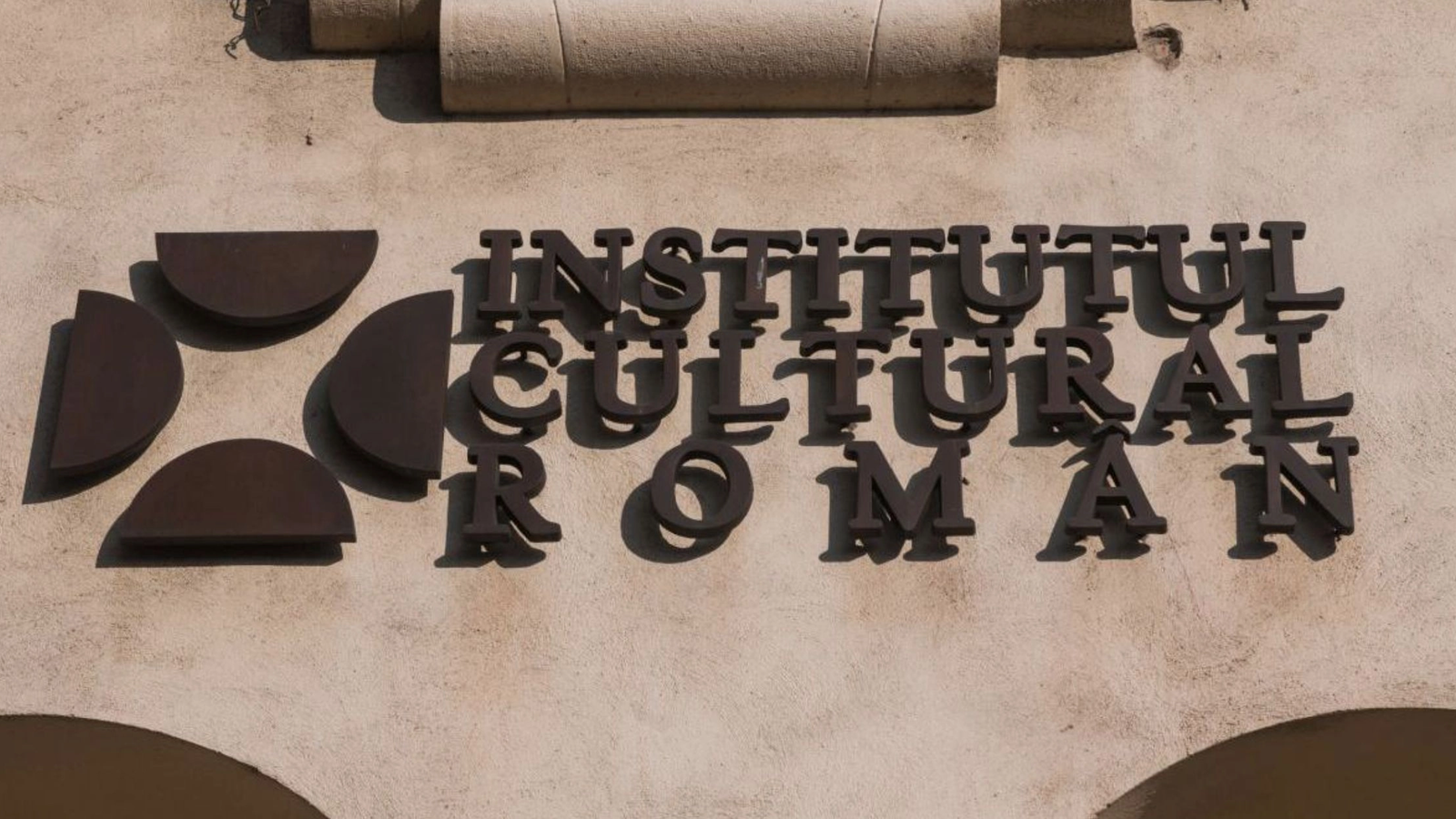

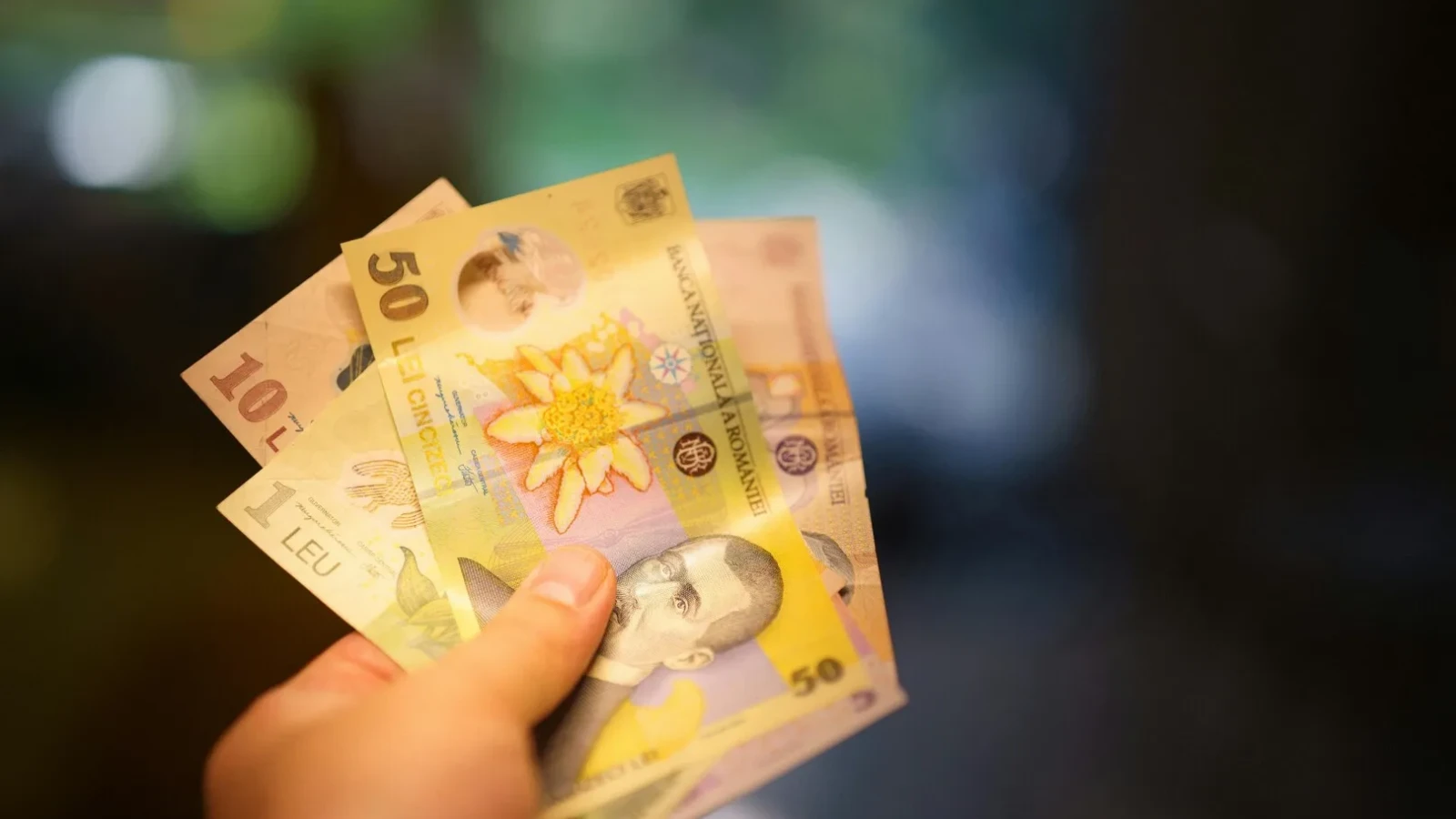

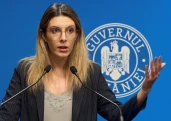

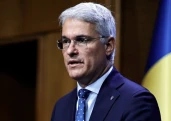
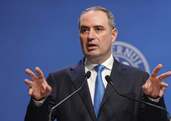
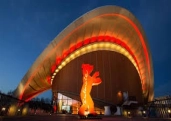






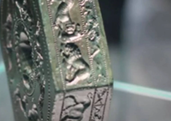





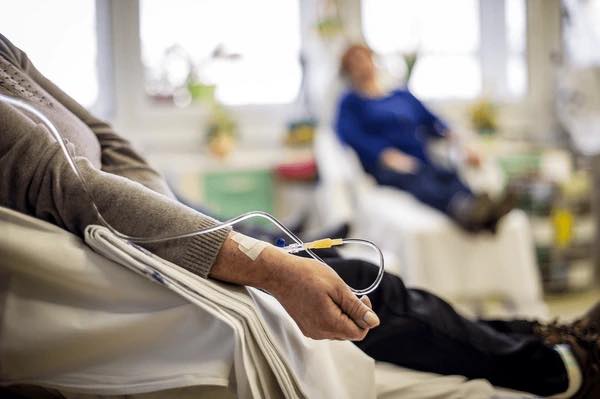









Comentează